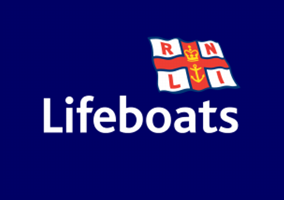Just under a quarter of the top 100 charities are reporting their plans at a level of detail that lets them be held to account in the following year.
The 24 per cent figure comes from Helen Wilkinson’s fourth annual review on charity reporting, conducted for Civil Society Media's Charity Finance magazine.
However, the number has risen since the last review of the top 100, up from 11 per cent in 2017.
In addition, Wilkinson says charities are becoming more accountable, with 27 per cent, up from 10 per cent, reporting on strategy and measures of success clearly.
Effectiveness in delivery of strategy
Wilkinson says: “There is a clear trend that more charity reports are focusing not only on outputs, outcomes and impact but also, more importantly, on how this ties into the charity’s effectiveness in the delivery of its strategy.”
However, she says, nearly a third of the top 100 charities’ annual reports (29) include plans so “vague” that they could not be used to hold them to account.
29 per cent did not report on measures of success against strategy at all, but merely listed the charity’s achievements.
Accessibility in charity reporting
The review finds that the average length of trustees’ annual reports has increased by six pages to 43 since 2017, an increase of over 20 per cent.
In 2017, the length of the reports had increased by four pages compared to 2016.
Wilkinson says this represents a significant addition of information and shows a strain on trustees’ reports in including ever-increasing requirements of the Charities Statement of Recommended Practice (SORP).
She says that these pressures could well continue to increase: “The commentary from the SORP governance review and the SORP committee working group’s recommendations on tiered reporting and governance implies that the next Charities SORP will require more accountability from the largest charities than the current one.”
Remuneration reporting
Wilkinson highlights the context of renewed criticism of charity staff pay, with Marie Stopes’ CEO receiving a 100 per cent bonus and the Charity Commission’s responding commitment to look at the issue.
She therefore also asks whether the next SORP will remove the choice from charities to report the exact salaries of senior management teams and the CEO.
Indeed, Wilkinson says there is “a significant risk” that the next SORP will make reporting exact salaries mandatory.
There was little change in trustee remuneration in the review of the top 100 charities, with only 15 paying trustees.
The full article is free online to view this week, as part of Charity Finance Week.
|
Related articles












